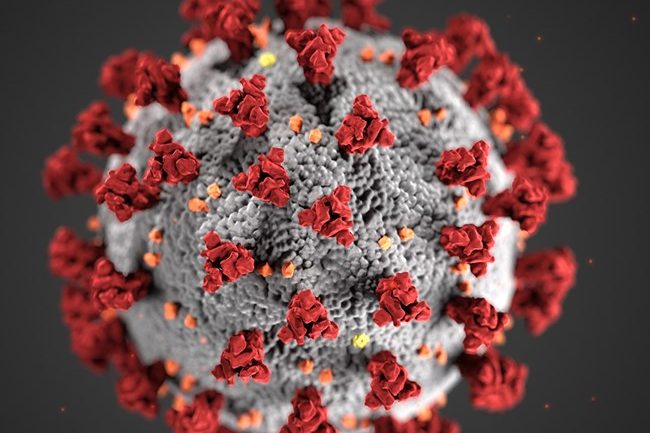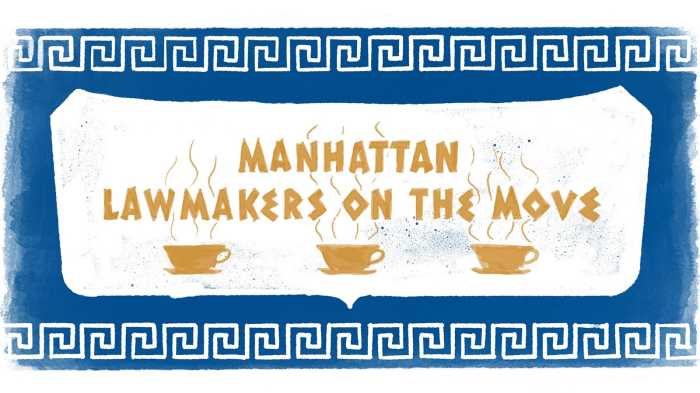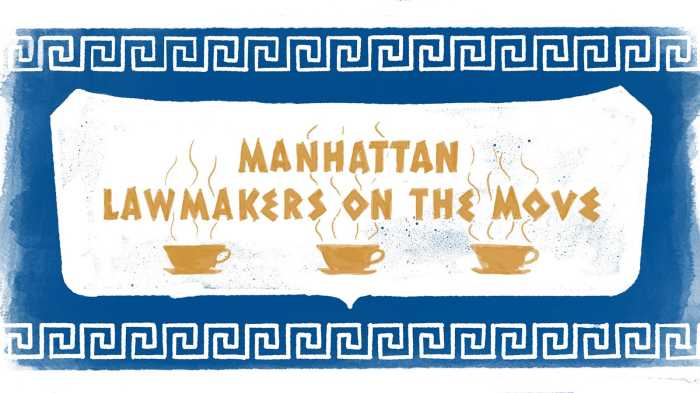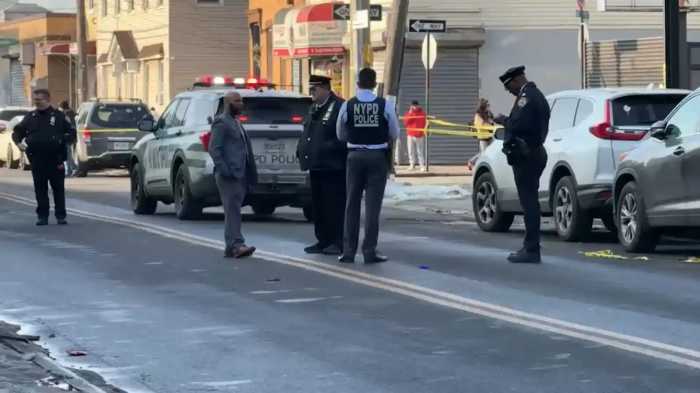Stringer: One Fifth of New Yorkers to Lose their Jobs

City Comptroller Scott Stringer (D) warned that one in five working New Yorkers will be unemployed by June’s end due to the coronavirus, the Daily News reported Tuesday.
The announcement comes following his office’s analysis of Mayor Bill De Blasio’s (D) budget. Out of the 900,000 jobs that will disappear, 184,300 will be in food and hotels, 178,000 in retail, and 159,700 in health care and social services.
“This is something we have never seen in our lifetime,” Stringer said. “We have an economy that has literally shut down.”
Maloney Calls for Healthcare Workers’ Student Debt Relief

U.S. Rep. Carolyn Maloney (D-Manhattan, Brooklyn, Queens) introduced a bill Tuesday that would forgive the student loans of doctors, nurses, and other healthcare professionals combatting the coronavirus, ABC 11 Eyewitness News Raleigh reported.
The Association of American Medical Colleges says the average American doctor completes medical school with $200,000 in student debt.
“We own more than thanks and cheers at 7 p.m.,” Maloney said during a Tuesday press briefing. “We have an obligation to ensure men and women are relieved of the debt they incurred to train for this critical work.”
Committees Review Johnson’s Tenant Protection Bill
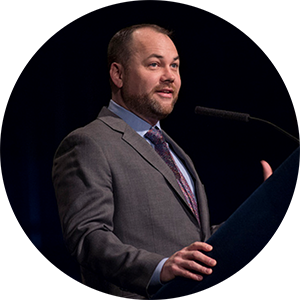
On April 28, the City Council’s Housing and Buildings Committee joined the Consumer Affairs and Business Licensing Committee to consider Introduction 1912, a tenant protection bill proposed by Council Speaker Corey Johnson (D-Midtown West, Chelsea, Greenwich Village), Cityland reported Wednesday.
Under the terms of the bill, court marshals and sheriffs must cease to enforce evictions and debt collection of people and businesses for one month following a lift on state and federal moratoriums. It would cover those who lose the most money for an additional six months.
If passed, the bill will immediately take effect.


